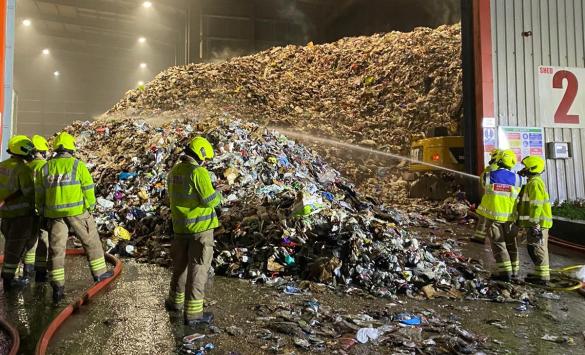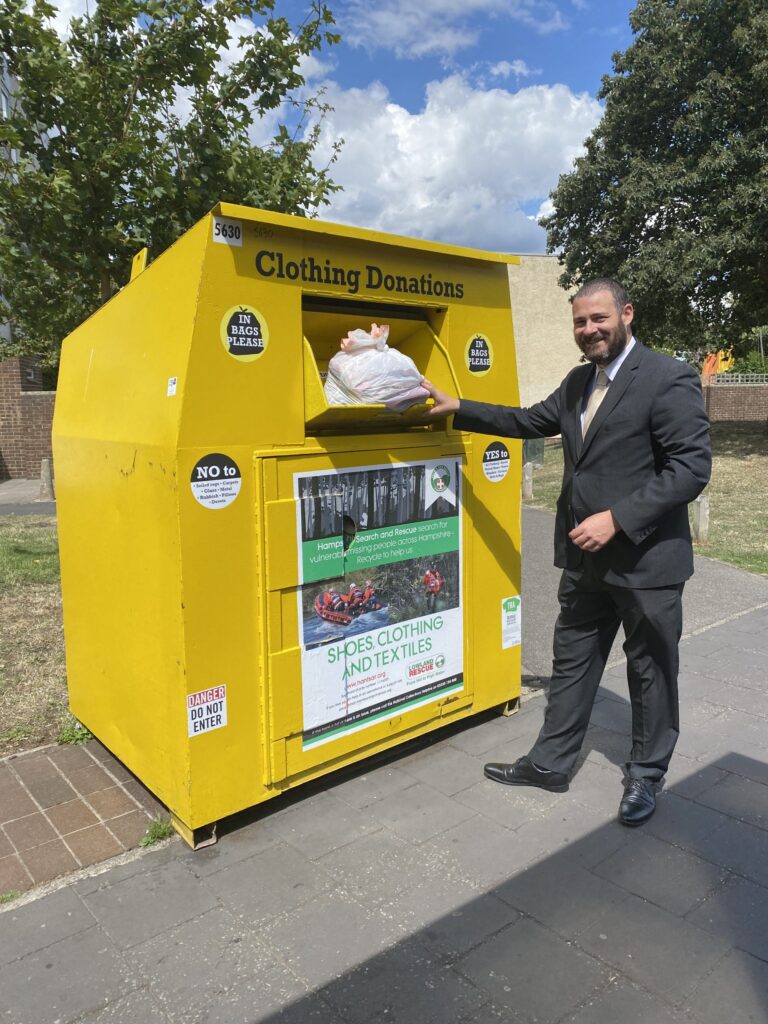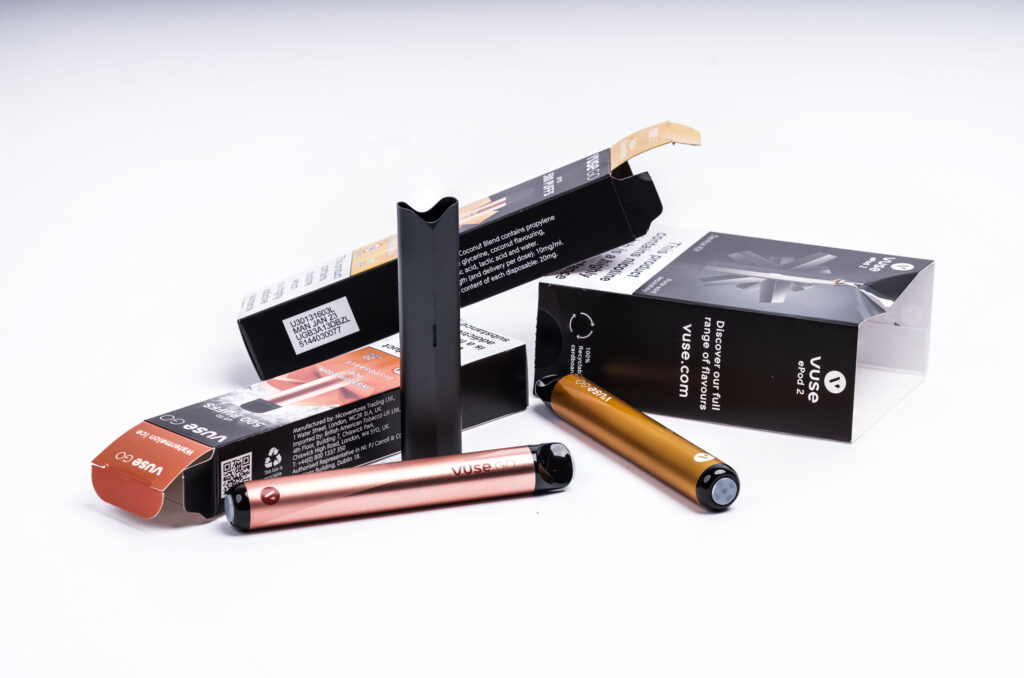The EAC, which is a powerful cross-party committee, regularly reports on a range of environmental matters to government. It published a report today (17 February) on how to create a “greener, healthier and more resilient” economy after Covid-19 with a number of recommendations relating to so-called “green sectors”, with the VAT proposal among them.
Philip Dunne, the EAC’s chairman, said: “The Covid-19 crisis must be treated as a wake-up call. It is a symptom of a growing ecological emergency. The economic recovery will shape our national economy for decades to come, and it is crucial that tackling climate change and restoring nature is at its core.
“A tax system fit for net-zero Britain is key. It will encourage innovation, give confidence to the sector and support companies to make the low-carbon transition.”
He added: “There will be no vaccine against runaway climate change, and it is our responsibility now, using the opportunity of the economic recovery, to set the UK on track for net-zero.”
Mr Dunne said the Chancellor Rishi Sunak should use his upcoming budget statement on 3 March to announce initiatives that could lead to a “greener future”.
VAT
The cross-party EAC considers the extent to which the policies and programmes of government departments and non-departmental public bodies contribute to environmental protection and sustainable development. Among its recommendations, the EAC suggested wider tax changes could offer a ‘reset’ to design an economy “fit for net-zero Britain”. This includes VAT reductions for repair services and recycled items.
It says VAT reductions on energy efficiency upgrades in homes and tax incentives to encourage more take-up of ultra-low emission vehicles could make greener options more attractive to consumers.

The government should also look wider and consider applying carbon taxes in areas across the economy, the committee says.
In 2018, Europe’s waste sector trade body (which includes the UK’s Environmental Services Association) endorsed the idea of flexibility in the application of VAT (see letsrecycle.com story). And, as long ago as 2008 there was talk in government of reduced rates of VAT for repairs of goods to encourage reuse and to keep goods in use, but nothing happened (see letsrecycle.com story) .
Recommendations
Other recommendations contained within the report include ‘front-loading’ investment in areas including energy efficiency, the circular economy, climate adaptation and nature recovery, providing a green jobs boost to counter unemployment. Yesterday, international environmental alliance GAIA published its own unconnected report suggesting green ‘zero waste’ strategies provided “significantly” more jobs than “disposal-based systems” (see letsrecycle.com story).
The EAC says the government should establish “clear and ambitious statutory targets” for the state of nature, waste minimisation, water quality and air quality under the Environment Bill, once it has been enacted.
The committee is currently undertaking inquiries into biodiversity and ecosystems, energy efficiency, and green jobs. This week it launched an inquiry looking at the introduction of deposit return schemes (DRS) in England and across the UK (see letsrecycle.com story).
‘Ten Point Plan’
In response to the EAC’s report, a government spokesperson told letsrecycle.com: “We’re committed to building back better and greener from the pandemic, which is why the Prime Minister’s Ten Point Plan will put the UK at the forefront of the global green industrial revolution and create hundreds of thousands of green jobs, while the Treasury’s Net Zero Review is examining how the transition to net zero should be funded.
“We continue to bring forward bold measures to cut emissions, with plans to invest £9 billion in improving the energy efficiency of buildings forming part of our wider commitment to end our contribution to climate change by 2050.”












Subscribe for free